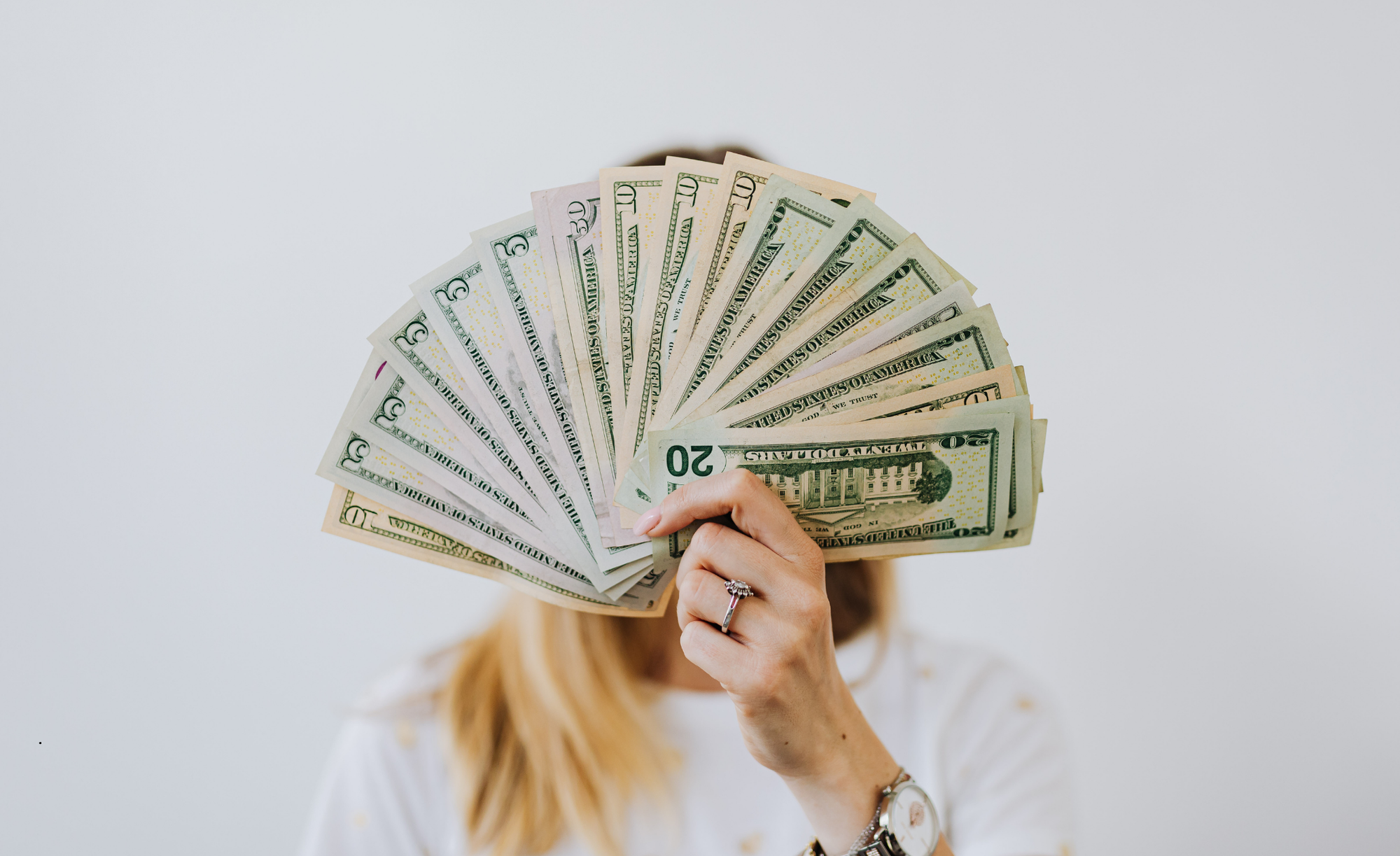
Happy National Copyright Day! Wait, what’s a copyright again? Are there any differences between a copyright and a patent? And do I need one for my business — or both? If you’re a little unclear about what a copyright is, why it matters in business, and how it differs from a patent or trademark, check out our quick and easy primer that clarifies everything you ever wanted to know about the topic.
What is a copyright?
According to the United States Patent and Trademark Office, copyrights protect original works of authorship. If an individual registers their copyright with a public record of their work, nobody will be able to infringe on your claim. Should they attempt to try, you will be able to sue them for copyright infringement.
Copyrights are long-lasting for both creators and anonymous individuals. For those directly credited for creating original works, their copyright protection will last for the rest of the life, plus 70 years after death. If the original works were created anonymously, or under a pseudonym, then the works are protected 95 years from the date of publication. They may also be protected 120 years from the date of creation as well.
How does a copyright differ from a patent?
What do we mean when we talk about original works, especially when virtually everything under the copyright, trademark, and patent tree is considered unique? Here’s a quick bullet list to what each term means (with a bonus definition for trademarks included).
- Copyright: All original works of authorship can be found here including literary (books or poetry), dramatic or musical (movies, songs, plays, sound recordings), artistic, architectural, graphic, and sculptural.
- Patent: An invention which must be considered “useful” such as machines, board games, cosmetics, computer software, medicine, furniture design, board games, or sporting goods.
- Trademark: Words, symbols, and phrases that identify a business and show how distinct they are from competitors which may include brand names, slogans, taglines, or logos.
Do I need to file for a copyright or patent for my business?
This depends on your offerings! If you’re written a memoir or molded an unusual sculpture, you will need to register for a copyright. If you have created an invention that has a “useful” purpose and the ability to operate, then you’ll need to file for a patent.
For a copyright, you will need to conduct a search through the copyright database first. This will ensure that you do not accidentally infringe on any existing registered work. If your work turns out to be unique, all you need to do is file an electronic application, send in a copy of the work you want to register, and pay a fee.
Patents, on the other hand, require a nonprovisional application filed to the Director of the USPTO. Since these are original inventions, their applications are tailored to those specific needs and include a written document with a specific description, a formal declaration that you are the original inventor of the creation, and possibly drawings along with fees for filing, search, and examination. Keep in mind that the duration of protection may vary depending on the type of patent that your invention is granted, as not all patents are created the same. A utility patent, for instance, lasts for 20 years while a design patent will last for 14 years.
The protection of your unique work is key, so once you know which one you need it’s time to begin the paperwork process to make sure you can protect it for your business.
Have any questions about copyrights or patents? Let us know in the comments!











